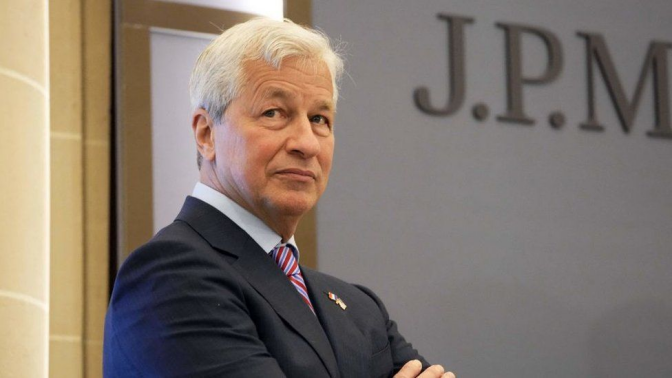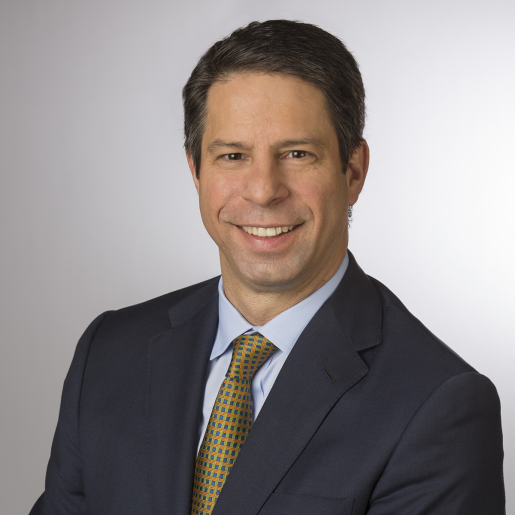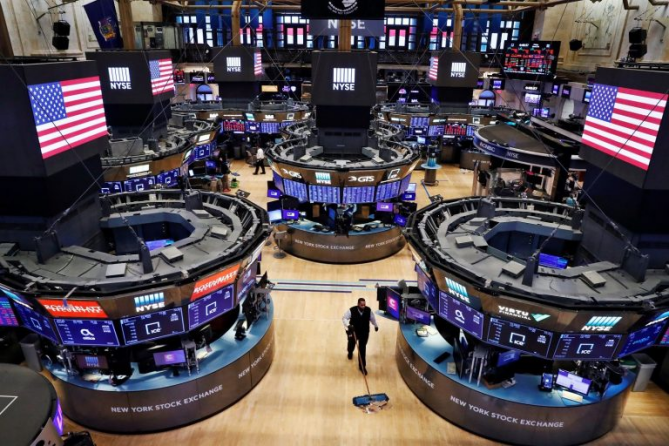
At a solemn annual conference hosted by Barclays this week, banking executives took turns discussing a proposal to force them to hold more capital. In response, while it is not unusual for executives at big Wall Street firms to be annoyed by new capital requirements, they are rarely so visible.
Jamie Dimon, jpmorgan's outspoken boss, was particularly strong, calling one of the key calculations in the new plan "stupid", and he repeatedly talked vehently about the proposals, predicting that his complaints would have little impact because regulators were "going to do what they want anyway". Mr Dimon criticised recent proposals by US regulators for new capital rules, warning that they could make bank shares lose investment value and would result in borrowers having to pay more for loans.

Dan Simkowitz, head of investment management at Morgan Stanley, calls it "at odds with the real world". David Solomon, chief executive of jpmorgan, said: "I don't think the rules make sense."
It was an unusually strong and unanimous public rebuke as the US financial industry prepares for a fight over the biggest overhaul of capital rules since Dodd-Frank. While Wall Street executives were making their case at the Barclays conference, six industry groups, including the American Bank Policy Institute and the American Bankers Association, sent a letter to regulators asking them to draw up new proposals.
Us regulators should come up with new proposals for a package of bank capital rules, a group of trade groups representing Wall Street firms has told US regulators. The Federal Reserve, the Federal Deposit Insurance Corporation and the Office of the Comptroller of the Currency disclosed plans in July to impose tougher capital requirements on big banks, forcing them to thicken their capital buffers to absorb unexpected losses. But the Banking Policy Institute and the U.S. Chamber of Commerce said Tuesday that the package should be revisited because the rules allegedly rely on data and analysis that the agencies have not yet made public, in violation of the law. They want these agencies to provide all missing materials.

The Federal Reserve, the Federal Deposit Insurance Corp. and the Office of the Comptroller of the Currency said in July that they wanted to force banks with at least $100 billion in assets to increase their capital buffers, with the eight largest banks expected to increase their buffers by 19%. The long-awaited reforms are linked to Basel III, an international reform launched in response to the 2008 financial crisis.
Companies, consumer advocates and any other interested parties have had months to weigh in, and not everyone is as pessimistic as Dimon about the back-and-forth with regulators. Some of the comments from regulators are quite open to finding the right answer for the economy, there's no agreement on what the rule looks like and how it's going to come out, so there's a real engagement period right now.

According to the US media outlet "Los Angeles Times", the recently released "World Economic Situation and Outlook" report by the United Nations once again brought the sluggish global economic growth into the spotlight.
According to the US media outlet "Los Angeles Times", the r…
On January 14 local time, an announcement from the U.S. Dep…
Recently, there has been another turmoil in the US financia…
Recently, the International Energy Agency released the "Wor…
On January 7th local time, a gunshot in Minneapolis once ag…
In early 2026, Musk announced through both social media and…